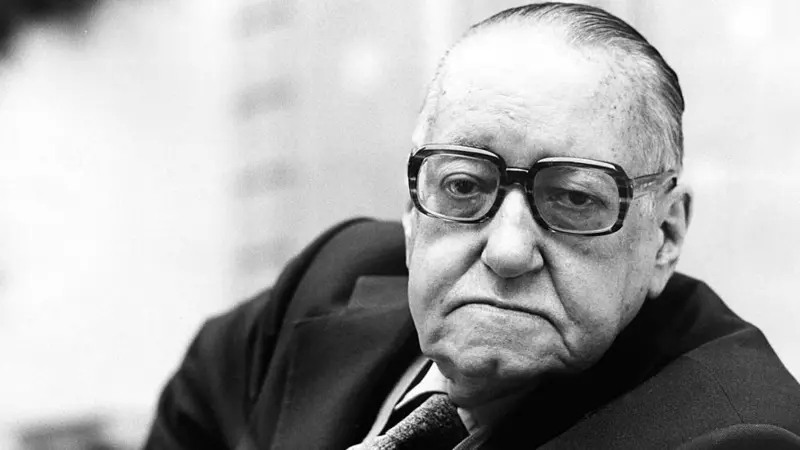Many of us would like to have the culture of the great writer Alejo Carpentier and to have written, at least, “The Kingdom of this World.” But the truth is that we were born to enjoy reading his novels and journalistic articles, That remain relevant for being written with a great display of his erudition.
As a journalist, I have always considered José Martí, our National Hero, and Carpentier to be the two great storytellers of our literature, a fact that has transformed it, like music, into universal arts.
Described by leading critics as the most innovative thinker of the contemporary Cuban novel. The author of “The Age of Enlightenment” recreated the marvelous reality of the Caribbean.
The author of Ecué-Yamba-O! He was the second on the long list of great creators to receive the Cervantes Prize, the highest award in Hispanic literatura. Which represented a great recognition for one of our most universal voices when it comes to Cuban literature.
It is said that upon receiving the Cervantes Prize in the Spanish city of Alcalá de Henares. In his speech, he gave an intellectual lesson from his excellent position as an essayist.
Far from empty imagery, Carpentier’s speech is an essay of wisdom. He undertakes surrounded by the beloved ghosts of those figures from the literary world where contemporary novels were consolidated from the 19th to the 20th centuries.
In response to the eternal lamentations, also present at that time, about the crisis of the novel, our author responded: “There is not, nor will there be, a crisis of the novel, as long as the novel remains an open novel, a novel of many, a novel of good and strong variations.—If we may use the musical term—on the great themes of the era, as was the exemplary novel. At once local and universal, of Miguel de Cervantes Saavedra.”
Later, he found his tone and gave us the stories of the Time War, his great novels and short novels with the perspective that emerged from 1943. When he traveled to Haiti and experienced the awakening of the marvelous American real.
Alejo discovered America through pragmatism and experience. Adding to the wealth of his many readings on American themes in Paris, amidst the emergence of surrealism.
His intelligence and sensitivity made him understand that he had nothing to contribute to the surrealist movement. Just as that perspective could not be the one that would reveal America.
With the novel “The Kingdom of this World,” he They narrate the situations of Mackandal and the cosmogony that nourishes the essence of the process of the Haitian Revolution. In the first political action that led a people of the Americas to independence. The atmosphere of Henri Christophe’s reign, and the mythology of Toussaint Louverture himself, allowed for their “Faustian” revelation.
Carpentier’s narrative was based on the discovery of the wonder that lies in reality because, as he once said: “America is far from having exhausted its wealth of mythologies.”
From living history, with a different perspective on time and also a different conception of what culture is, emerged Carpentier’s novels, who expressed: “But what is the history of all America if not a chronicle of the marvelous real?”
It was on April 24th, 2004, the cruelest month, according to the poet T.S. Eliots, when our great 20th-century writer, Alejo Carpentier, departed into eternity.
Translated by Aliani Rojas Fernandez
- Fernández: Our Most International Pianist - 20 de February de 2026
- The Psychology of Love in Couples - 16 de February de 2026
- Love, the Fuel of Our Lives - 14 de February de 2026

